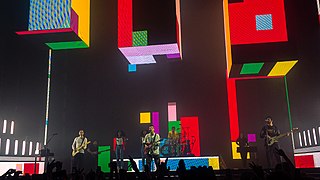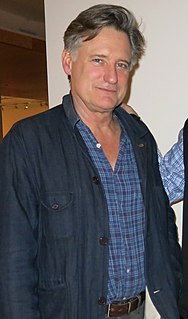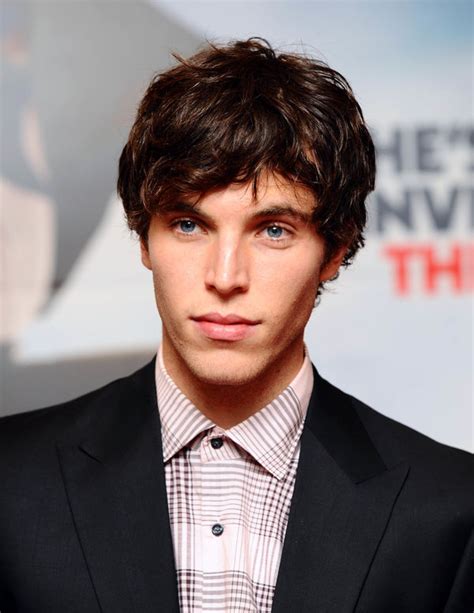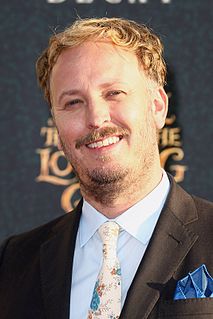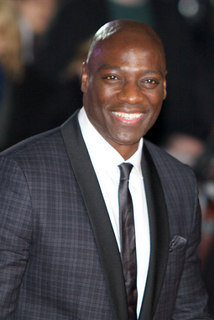A Quote by Adrian Nicole LeBlanc
I like to say, 'You get as much story as you can take.' But you have to effectively render it.
Related Quotes
Now we may have more preachers out there than we have drinkers. But a fellow told me a story one time about a man down in Kentuckywhere they make bourbon. And he said you can take a jigger or two jiggers and get by all right. But if you try to take the whole bottle why you have lost what you started with. So don't try to take it too quick. And don't try to do all of it at once. I don't do much promising. I tell what my goals are and then I try to wrap it up and put a blue ribbon on it and get it delivered. We say put the coonskin on the wall.
The institutions at the centre of capitalism are bigger than they've ever been, the pay is much greater, the ability of society to get its arms around it is much less. The political clout of the financial class is unbelievable. I'd say the story is darker than when I was there. When I was there it felt like a comedy - and now it feels more like a tragedy.
The story is the only thing that's important. Everything else will take care of itself. It's like what bowlers say. You hear writers talk about character or theme or mood or mode or tense or person. But bowlers say, if you make the spares, the strikes will take care of themselves. If you can tell a story, everything else becomes possible. But without story, nothing is possible, because nobody wants to hear about your sensitive characters if there's nothing happening in the story. And the same is true with mood. Story is the only thing that's important.
Looking back six years ago when I had just come from 'The Office' to 'The Mindy Project' and what I was trying to say back then. I feel like we don't revisit our younger idealistic selves, you just get in this pattern of churning these episodes out. Now I was like, "Let's try and get in my mind back then," because my life personally has changed so much, too. I just thought, "What was I trying to say? And now can I make it look like it was all part of one larger story."
I think I'm drawn to more villain-type characters, because it's so cool to get to say all the things you want to say. In Hollywood, you get to this position where you have to bite your tongue so much. You take all your experiences of not being able to say what you really want to say, and channel that through your character.
I get up in front of a bunch of kids and say 'Hey, I'm gonna tell you a new story. Who wants to be in a new story?' Well some kid always sticks up their hand and that gives me a name, but it doesn't give me a story. I just say whatever comes to my mind and usually it's not that good. Every once in a while, however, I say something that turns into a really good story.
Yeah, it's an origin story. But you very quickly get into the origin and then it's off to the races. It is an origin story, certainly, but it's not like the movie ends and somebody stretches. It happens pretty quickly and I'm not sure how much I'm allowed to say about it, but I think when people see that first hint, they'll be pretty excited about it.
Independent films are very hard to get made, but I'm lucky enough to get them made, so I'm going to keep doing it. I like my independence. I like being able to tell a story the way I want to tell a story. I don't like developing it with a team. I like coming to a story and deciding whether I want to do it or not.



